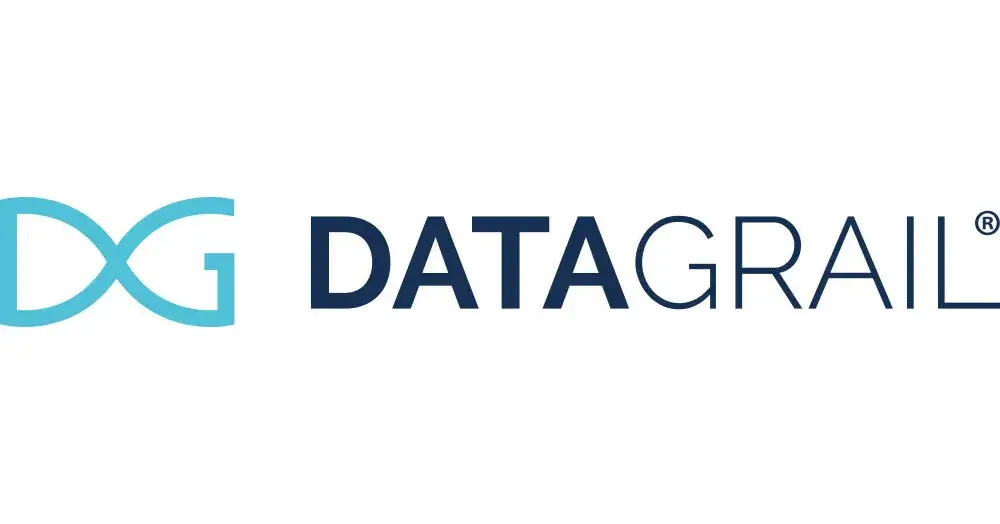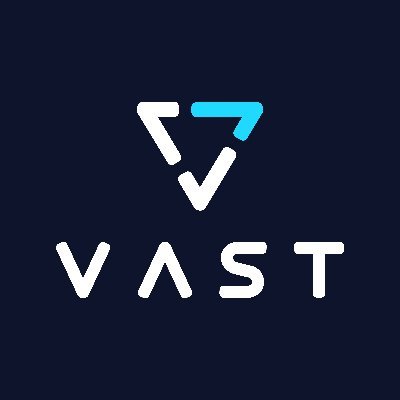Ready to build your own Founder-Led Growth engine? Book a Strategy Call
Frontlines.io | Where B2B Founders Talk GTM.
Strategic Communications Advisory For Visionary Founders
Actionable
Takeaways
Prioritize Engagement Metrics for Early-Stage Success:
Ryan mentions measuring success through engagement as a seed-stage business. For founders, focusing on how actively users engage with your product can provide more immediate and actionable insights than other early metrics, guiding product development more effectively.
Integration Over Innovation for Differentiation:
Zenlytic differentiates by integrating existing technologies (LLMs) deeply with a semantic layer for BI, rather than solely innovating on the surface. Founders should consider how deep integration of technologies can create a more reliable and distinctive offering than merely adding new features.
Open Product Demos as a Trust-Building Tool:
Given the skepticism around new technologies, especially AI, Ryan emphasizes the importance of demonstrating product capabilities directly to potential users. Making your product as accessible as possible for demos can help overcome doubts and build trust in your solution.
Address the Limitations of Your Technology Upfront:
Acknowledging and planning for the limitations of your technology, as Zenlytic does with AI's potential for inaccuracies, can prevent overpromising and underdelivering. Transparently communicating these limitations to your users can foster trust and set realistic expectations.
Capitalize on Shifts Within Established Markets:
Zenlytic identified a vacuum left by acquisitions in the BI space as an opportunity. For founders, staying alert to shifts within established markets—such as major players pivoting or integrating vertically—can reveal underserved segments or needs ripe for innovation.
Conversation
Highlights
From Data Science Consultant to AI-Powered Analytics: How Zenlytic is Reimagining Business Intelligence
The rapid evolution of AI has created a gold rush of companies attempting to capitalize on the technology. But in a recent episode of Category Visionaries, Ryan Janssen shares how Zenlytic‘s journey began well before the current AI hype cycle, stemming from a fundamental understanding of how businesses struggle with data analytics.
The Convergence of Two Streams
While pursuing master’s degrees in machine learning and data science, Ryan and his co-founder witnessed two parallel developments that would shape their company’s direction. First, they had a front-row seat to the emergence of transformer models, with the “Attention is All You Need” paper being published during their studies. Second, through their data science consultancy, they observed firsthand how companies struggled to utilize their growing data effectively.
“We saw at the time there was a very common the streams converged at one point, which is that there had been tremendous advancements in data pipelines over the past couple of years. Every company has more data than ever before, but nobody’s really using it to its full capacity,” Ryan explains.
Understanding the Real Problem
Their consulting experience revealed a crucial insight: while technical tools existed for data professionals, business users lacked effective ways to explore and understand their data. As Ryan notes, “When you’re a big nerd like me, and you’re good at Python or SQL or whatever, it was remarkable how fast we could actually go from cold to the most well-informed person in the room by just doing a couple of hours of data exploration as consultants. But when you don’t have those tools at your disposal, it’s actually really tough to make sense of your data.”
Beyond the AI Bandwagon
Unlike many companies rushing to add “AI” to their name, Zenlytic’s approach to AI integration is deeply pragmatic. “The real way to differentiate is not to be an AI business at all. The real way to differentiate is to solve a problem that happens to be using AI,” Ryan emphasizes.
He warns against being what he calls a “thin wrapper” over existing AI APIs, citing examples of companies that were quickly made obsolete by updates to foundation models: “There are a bunch of tools that were doing AI web browsing… and then three days later, which is like 18 months in AI dog years, OpenAI launches the web browser capability and it just makes the startups all completely obsolete.”
Building for Reliability
Zenlytic’s approach focuses on combining AI capabilities with robust technical infrastructure. “We integrate it with something called a semantic layer… By doing both of those things at once, you end up with something that’s way greater than the sum of its parts. And the LLMs provide the comprehension, the semantic layer provides the consistency,” Ryan explains.
This focus on reliability is crucial in the business intelligence space, where accuracy is paramount. Rather than relying on claims, Zenlytic demonstrates reliability through hands-on experience: “Our objective is really to get to a demo in pretty much sort of every sales call… We want to make it as easy as possible to show you that this works.”
The Evolution of Business Intelligence
Ryan sees Zenlytic as the next step in the evolution of business intelligence platforms. He traces this evolution through previous innovations: “Ten years ago or whatever, there’s Tableau. And Tableau was the first person to really crush building great dashboards… After that came Looker. Looker was the first tool to really popularize the semantic layer in modern history.”
Now, with the emergence of powerful language models, Ryan believes we’re ready for the next wave: natural language interfaces for data analysis. This represents not just an incremental improvement but a fundamental shift in how businesses interact with their data.
Looking Ahead
The pace of change in AI technology presents both opportunities and challenges. As Ryan notes, “The pace of this change is like nothing I’ve ever seen… We’re seeing stuff happen day by day with AI.” This rapid evolution requires companies to stay nimble while maintaining focus on solving real business problems rather than chasing the latest AI capabilities.
For founders building in the AI space, Ryan’s journey with Zenlytic offers valuable lessons about the importance of solving fundamental business problems, building robust technical foundations, and maintaining a relentless focus on reliability and user value. Success in AI isn’t about being first to market with new capabilities – it’s about creating sustainable solutions that deliver lasting value to users.


















































